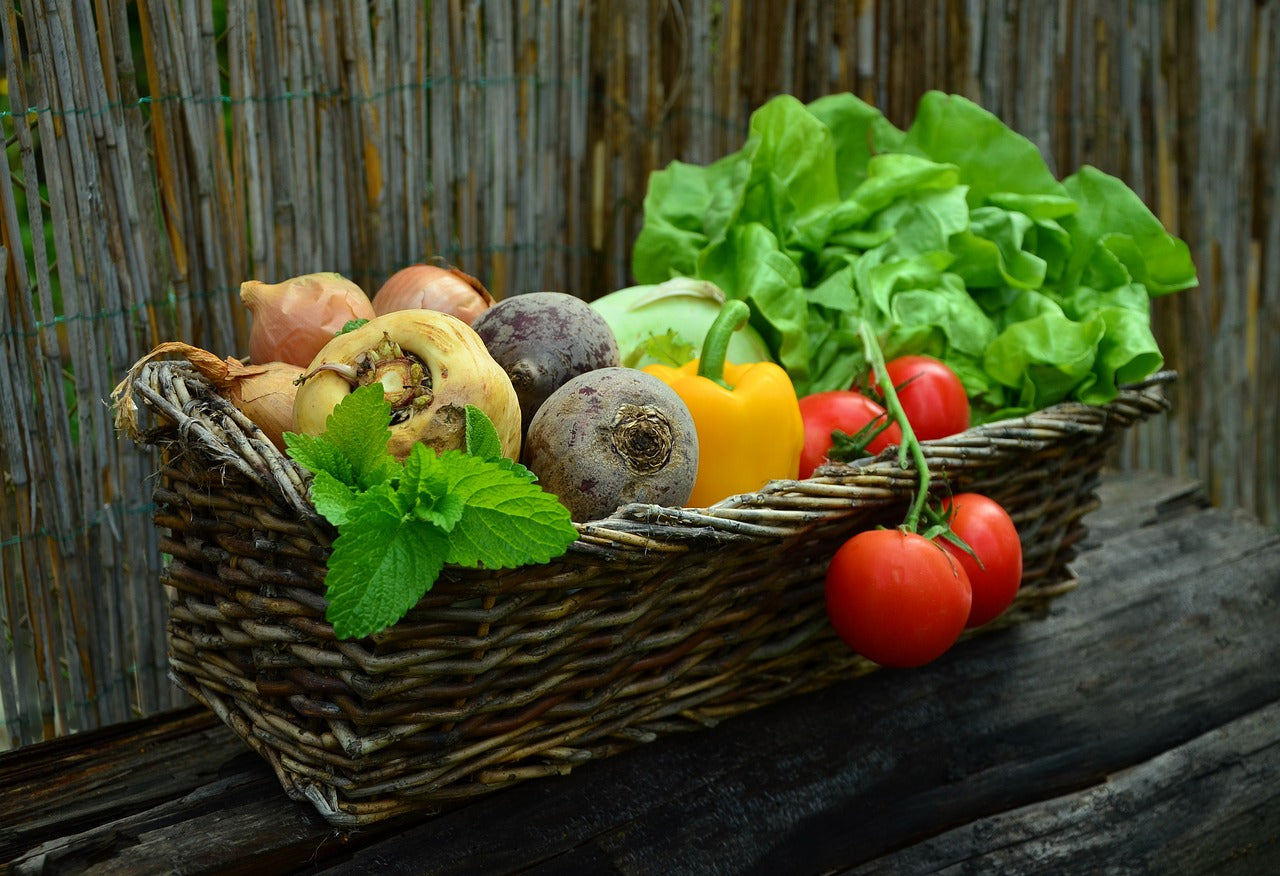Detoxification, commonly referred to as detox, has become a buzzword in the world of wellness and nutrition. But what does it truly mean? Your body is naturally designed to eliminate toxins through various organs such as the liver, kidneys, lungs, and intestines. However, certain foods can aid and enhance these natural processes. This guide will delve into the best foods for detox and how they can support your body's natural detoxification system.
Understanding Detoxification
Before we embark on our exploration of the best foods for detox, it's essential to understand what detoxification means. The term 'detox' typically implies the removal of harmful substances from your body, a process that your body naturally conducts. However, certain diets and foods can support and enhance this process, which is what we often refer to when we talk about 'detox diets' or 'detox foods'.
Detoxification vs. Dieting
Detoxification should not be confused with dieting for weight loss. Although some detox diets may promise weight loss, their primary aim is to eliminate toxins and improve health. Weight loss, if any, is a secondary effect and often temporary. The focus here is on consuming nutrient-rich foods that support the body's natural detoxification processes.
The Natural Detoxification System
Our bodies have a sophisticated detoxification system that involves multiple organs, including the liver, kidneys, digestive system, skin, and lungs. The liver and kidneys play a crucial role in this process. The liver filters toxins from the blood and converts them into waste products, while the kidneys remove these waste products from the body through urine.
Role of Diet in Detoxification
The role of diet in detoxification is to provide the necessary nutrients that support the functioning of these organs and systems. Consuming a balanced diet, rich in certain nutrients, can help keep your body's detoxification system healthy.
The Best Foods for Detox
Here, we explore the foods that can support your body's natural detoxification processes.
Cruciferous Vegetables
Cruciferous vegetables such as broccoli, cauliflower, and cabbage are rich in compounds that support the liver's ability to detoxify. They contain glucosinolates, which help the liver produce enzymes necessary for the detoxification process.
Citrus Fruits
Citrus fruits such as oranges, lemons, and grapefruits are rich in vitamin C, a potent antioxidant that aids the body in removing toxins. They also support liver function and boost the immune system.
Green Tea
Green tea is rich in antioxidants called catechins, which aid in liver function and enhance the body's ability to detoxify. It also has diuretic properties, which can help the body eliminate toxins through urine.
Garlic
Garlic contains sulfur compounds that activate liver enzymes responsible for expelling toxins from the body. It also offers antioxidant and anti-inflammatory benefits, which further aid the detoxification process.
Beets
Beets contain betalains – potent antioxidants with anti-inflammatory and detoxification properties. They support liver function and aid the body's detoxification process.
Leafy Greens
Spinach, kale, and other leafy greens are packed with a variety of nutrients and antioxidants that support the liver's detoxification process. They are also high in fiber, which aids digestion and helps the body eliminate toxins.
Turmeric
Turmeric contains curcumin, a compound with potent antioxidant and anti-inflammatory properties that can support liver health and aid in detoxification.
Ginger
Ginger is well-known for its antioxidant properties and its ability to aid digestion. It can help the body eliminate waste products and support the liver's detoxification process.
Avocados
Avocados are rich in glutathione, a potent antioxidant that aids in the detoxification process. They also contain healthy fats and fiber, which support overall health and digestion.
Walnuts
Walnuts are rich in omega-3 fatty acids and amino acids that support liver health and aid in the detoxification process. They also contain antioxidants that can protect the body from oxidative stress.
Other Tips to Support Detoxification
In addition to consuming the best foods for detox, there are other ways you can support your body's natural detoxification process:
Regular Exercise
Regular physical activity promotes the circulation of blood and lymph fluids in the body, which aids in the removal of toxins. It also helps improve digestion, reduce stress, and boost overall health.
Adequate Sleep
Sleep is essential for overall health and the body's natural detoxification process. During sleep, the body works to repair and regenerate its tissues and systems, including the detoxification system.
Limit Alcohol and Avoid Smoking
Alcohol contains harmful toxins that can overload the liver and other detoxifying organs. Limiting alcohol consumption and avoiding smoking can help maintain the health of these organs and support the body's detoxification process.
Stay Hydrated
Drinking plenty of water throughout the day helps flush toxins out of your body. It aids digestion, supports nutrient absorption, and promotes healthy skin.
Reduce Stress
Chronic stress can negatively impact your body's natural detoxification process and overall health. Regular exercise, and adequate sleep, can help reduce stress and support your body's detoxification process.
The Bottom Line
The body's natural detoxification process is a complex system that involves multiple organs and systems. While the body is capable of detoxifying itself, certain foods can aid and enhance this process. Including these best foods for detox in your diet, along with other healthy lifestyle habits, can support your body's detoxification process and promote overall health. Remember, detoxification is about more than just eliminating toxins; it's about nourishing your body with the right nutrients and caring for your overall health.

